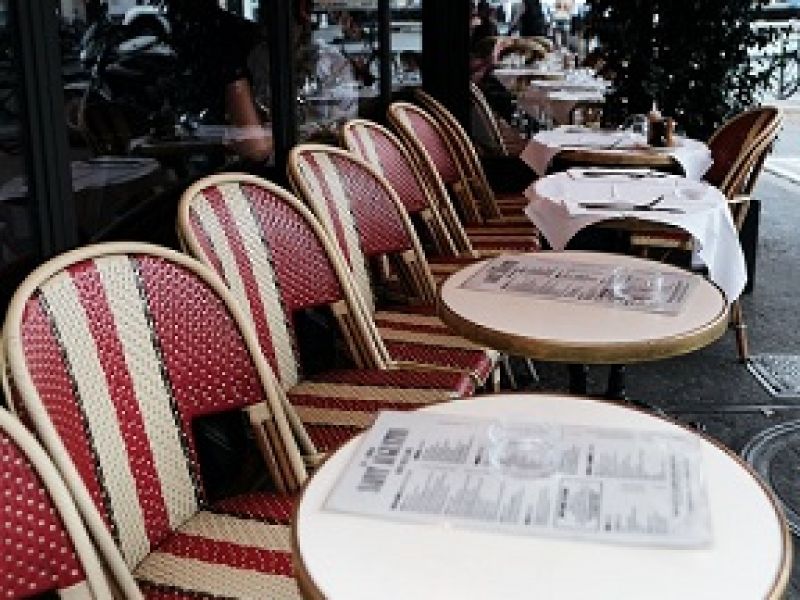French banks are in a league of their own. Unlike the banks in Britain where the big banking companies compete for your money with interest rate incentives or insurance discounts, the French banks have a slightly different attitude. It’s up to you to impress them.
So to help you understand the sometimes pernickety ways of the French business banking system, we’ve compiled a list of what NOT to do. After all, the French like to start off a sentence with “Le problèm est….” so by tackling the negative up front, you’ll be way ahead of the game.
1. DON’T Be Vague
Banks like to know exactly what your business is about. You can’t get away with just saying “Oh it’s a tech thing. We’re going to be the next big startup.” You need to come armed with a business plan which specifies suppliers, employees, offices, potential customers and potential sales with a five-year financial projection including all your possible expenses. Also you need to detail exactly why you want your business to be located in France. Oh, and another thing – your business plan needs to be translated into French.
2. DON’T Be Coy
You can’t hide anything from a French bank. You have to be up-front about your capital and assets and you have to name every person who has a vested interest in your business. Since 9/11, banks have become super-strict about cash comings and goings in order to stop the funding of terrorism. So if you want a French bank to hold your money, they need to know where it’s coming from and who it’s going to. They don’t want to see your money being syphoned off to a list of holding or offshore companies.
3. DON’T forget cultural differences
Foreign entrepreneurs who want to open a business bank account in France need to remember that the French have very specific ways of doing things. And that includes how they spend their money. Banks won’t let you have an account unless your business is viable for the French market. The banks particularly like retail businesses, especially those that sell clothes, handbags and shoes, heating systems and home décor items. E-commerce is also popular because of the low-overheads. But they won’t be so enthusiastic with idea-based businesses that haven’t got a proven track-record. They like something quantifiable.
You also need a good understanding of French – or have a partner or contact that does. Although many banking staff speak English, you’ll need to be language savvy to deal with the paperwork and the occasional phone-calls.
4. DON’T be a cheap-skate
The law in France states you can open a bank account with just one euro but the reality is that no bank will take you seriously if you offered them only one shiny coin as your share capital. You need at least 4000 of them. This is to cover essentials such as bank fees and government taxes. And as your share capital has to be made public (French law insists it must be displayed on logos, letterheads and websites) then anything less than 4000 euros is going to make you look like a chancer so you’re better off depositing as much share capital with the bank as you can.
So now you know what NOT to do, you’ll have a better idea of how to go about opening a French bank account. Or else you can always ask us and we’ll be happy to introduce you to the French banks who’ve helped hundreds of our clients successfully set up their business bank account. For more information, download our free guide below and either email us direct through our contact page or call our team on 0033 (0) 1 53 57 49 10 in France or 0044 (0) 203 445 0916 in the UK.







